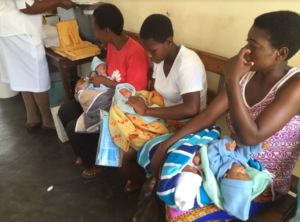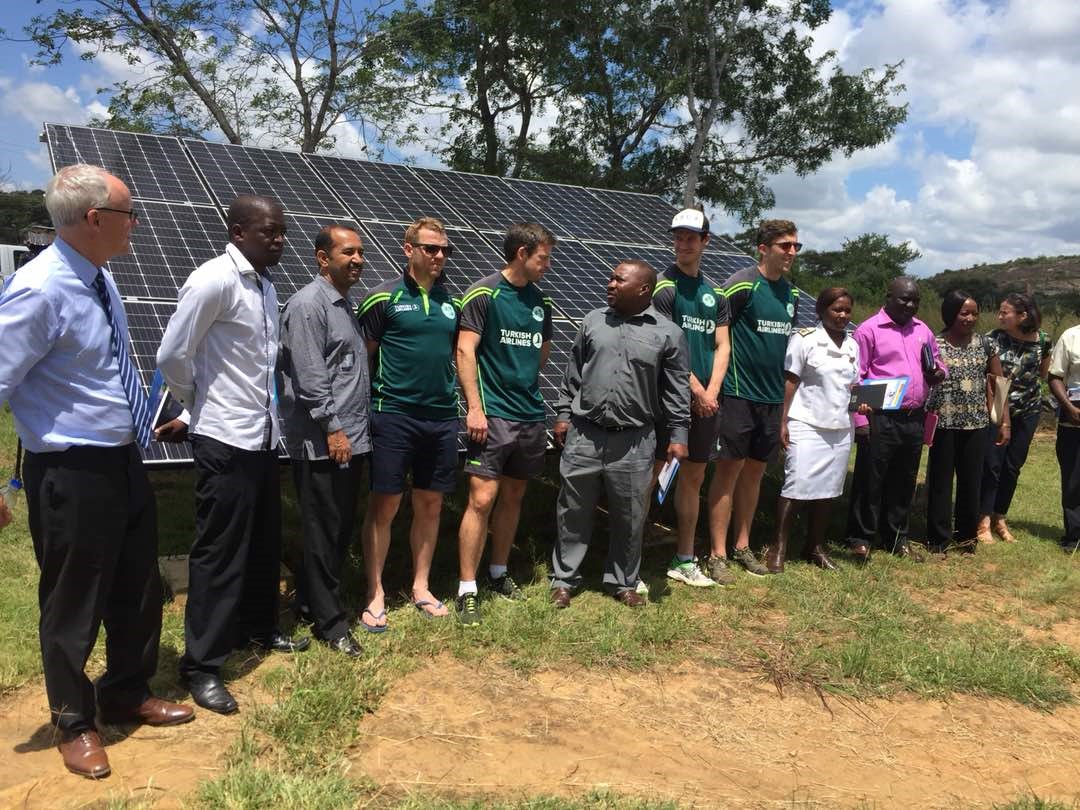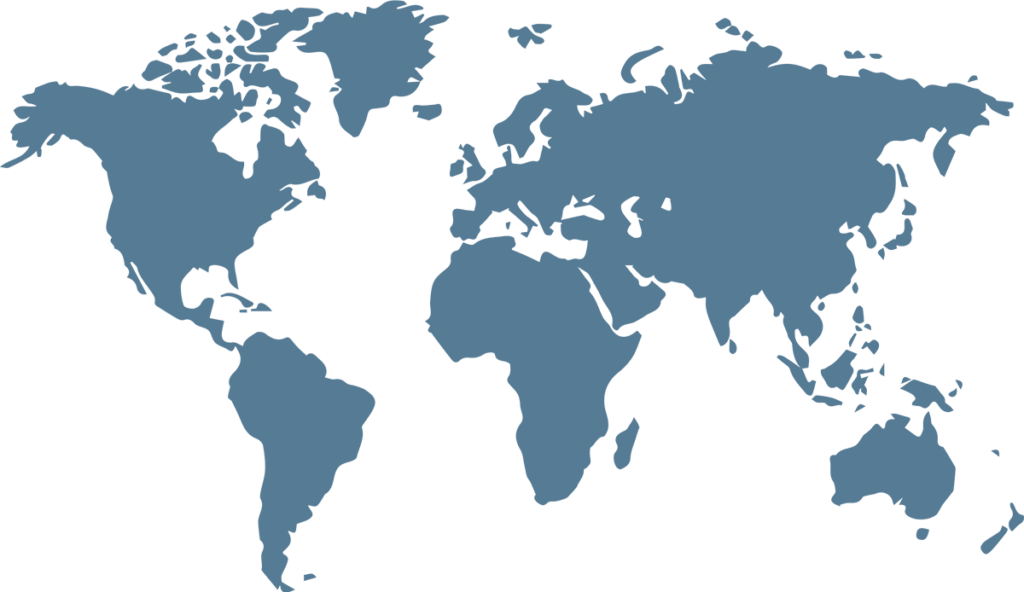Members of the Ireland cricket team have taken time out of their busy playing schedule to meet new mothers and babies at a rural health clinic in Zimbabwe this week.
During their visit to the Rutope Clinic, located in Bindura approximately 50 miles from the capital Harare, the players spent time with 9 members of staff hearing about the challenges of working in rural Zimbabwe in a town of 14,000 people and their experiences of helping almost 600 expectant mothers deliver their babies every year.

Ireland cricket team meet new mothers and babies in Zimbabwe benefiting from UK aid and Irish aid support.
They saw the lifesaving impact of the Health Development Fund – supported by both Irish aid and UK aid – which is reducing maternal and child deaths, expanding immunisations against deadly diseases, increasing the proportion of births attended to by skilled health workers and increasing access to sexual reproductive health services for women and girls.
Andrew Balbirnie, fresh from scoring a century in Ireland’s last match against Scotland said:
“As international cricketers we have a relatively fortunate life, playing the sport we love and travelling the world. What is truly inspiring and grounding is coming to a clinic like this one and seeing the remarkable work of everyone involved to try and provide an invaluable resource to the community.
“My teammates and I are very grateful to have been invited here, to see first-hand the work that is being supported by Irish aid and UK aid. We have met some amazing people who work so hard to improve the lives of others in their community and have particularly enjoyed meeting so many kids and learning a bit about their lives.”
Chris Siddell, Team Operations Manager for the Ireland Men’s team, who accompanied the players to the clinic visit said:
“Touring with a national side is often much more than just the action on the field and we always try and learn as much as we can about the countries we visit.
“We also recognise the responsibility we have as representatives of Ireland when abroad and it was a great pleasure for us to visit a rural health clinic supported by Irish aid and UK aid.
“It was humbling to see first-hand the work that is being done and the huge benefit it is having on the local community – particularly for parents with young children.”
The players also saw a Mother’s Waiting Home that is under construction that will house expectant mothers and offer pre–natal care. Many women live long distances from the clinic, without access to transport in the event of going into labour. These delays can cost the lives of the mothers and their babies. The new Mother’s Waiting Home will help ensure pregnant women are at the clinic nearer to the time of labour and receive the necessary medical support. This ward will give the mums-to-be a few days to get off their feet, receive proper medical attention and a chance to gather their strength before their deliveries.
Through the Global Fund, UK aid has helped construct a large solar panel that ensures a reliable source of electricity for the clinic which is vital for keeping important vaccines, such as the ones being administered when the team visited, chilled. The solar panel also ensures the doctors and nurses can carry on providing health care after nightfall. As one nurse at the clinic put it, “Have you ever tried delivering a baby in the dark?”
Head of DFID Zimbabwe and South-Africa, Annabel Gerry and Irish Ambassador, His Excellency Liam MacGabhann joined players Niall O’Brien, George Dockrell, Peter Chase, Ed Joyce, Andrew Balbirnie and Gary Wilson, as well as assistant coach Ben Smith, physiotherapist Conor Gavin and Team Manager Chris Siddell. Gary, who became a father for the first time last week when he flew back to the UK to be with his wife when she gave birth, met a pair of 6-week old twins waiting for their first injections.
Under the shade of the trees outside the clinic, the team listened to members from the Sista2Sista Club – a community-run initiative which identifies young and vulnerable girls between the ages of 10-24 years old and offers them mentors who advise them on sexual and reproductive health as well as teaching them life-skills. This support aims to reduce fertility rates of girls in rural areas, to increase the use of family planning and reduce the prevalence of gender based violence. Nearly 24,000 vulnerable girls have been recruited into Sista2Sista clubs across Zimbabwe between 2016 and 2017.

